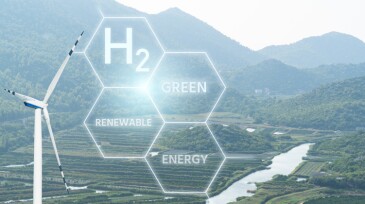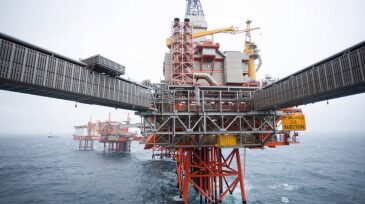From the TWA Editor
-
Change is inevitable, but the resistance to it, especially in cultural and monetary contexts, can be profound. The deep-rooted dependency on crude oil and internal combustion engines exemplifies this inertia, raising questions about how we might transition to new energy sources without overhauling our entire infrastructure.
-
In this month’s Letter from the TWA Editor in Chief, Aman Srivastava shares everyday tips to boost your productivity.
-
Explore the complexities of new energy sources in the 21st century.
-
In this month’s Letter from the TWA Editor in Chief, I share my thoughts and perspectives on how to get better at reservoir engineering.
-
TWA Editor in Chief, Michael Cronin, shares his thoughts on the importance of not relying solely on software.
-
The energy transition will create many uncertainties for the oil and gas industry. However, the world will continue to need energy from a range of sources to meet growing demand—a challenge that petroleum engineers are well-prepared to tackle.
-
Historically, recessions have had significant, long-lasting impacts on oil demand and prices. While a recession appears unlikely in the near term, growth is slowing, and the outlook for many economies is uncertain. Oil and gas producers need to prepare for a potential downturn by focusing on managing drilling inventory and controlling costs by streamlining supply chai…
-
The TWA Energy Influencers are a selection of outstanding young professionals in the oil and gas industry whose work positively influences and inspires others.
-
Over the next 30 years, the world will continue to consume fossil fuels even as consumers and industries transition to lower-carbon energy. Offshore oil and gas will be instrumental to the energy transition because of its relatively lower-carbon intensity and competitive economics.
-
As the global economy continues to grow, carbon emissions are also projected to rise. While large-scale geothermal, nuclear, solar, and wind deployment as well as increased electrification could blunt emissions growth, net-negative carbon technologies will be needed to reach the United Nation’s two-degree target. That will require massive investment in carbon capture,…
Page 1 of 7
Trending Content
















